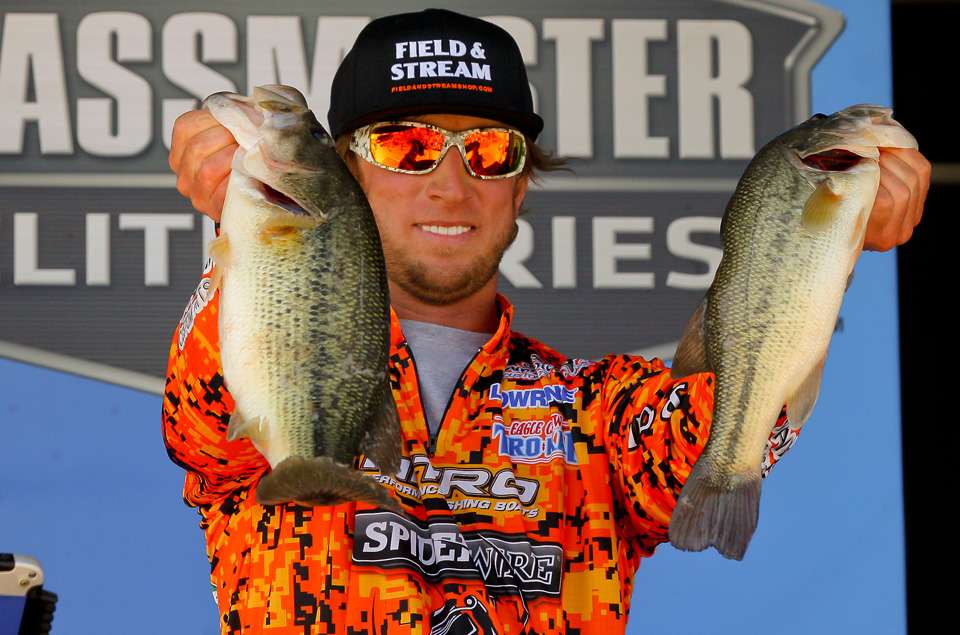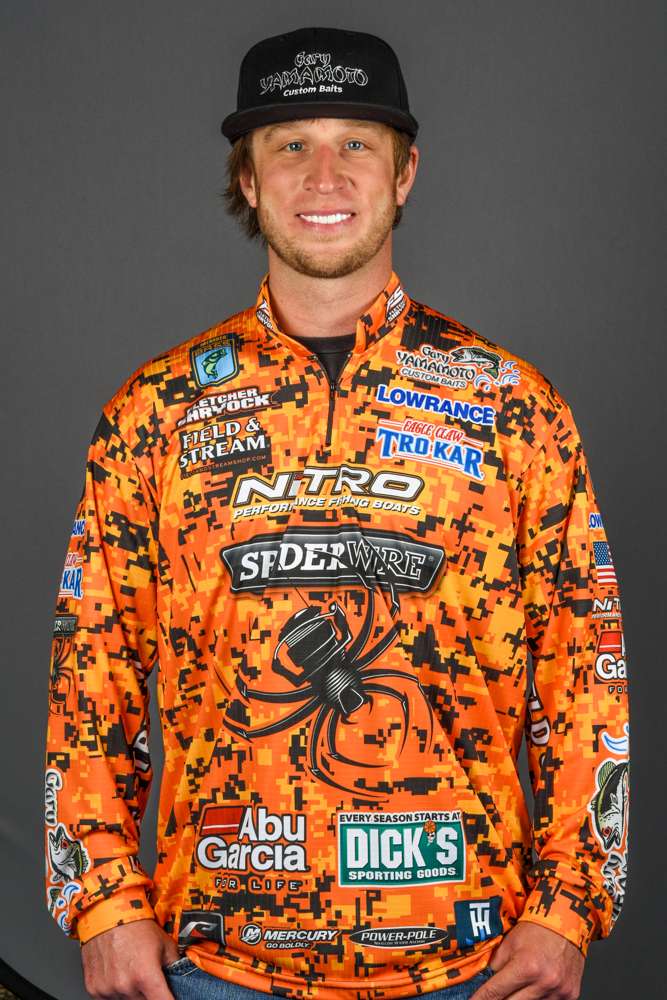
We’ve had a little while now since Jordan Lee’s second consecutive Bassmaster Classic victory, and like most of you I remain amazed at what he’s accomplished. I’ve thought about his success a lot, and while he’s clearly a very gifted and versatile angler, I think that a large part of his rapid ascent is because of the amount of time that he’s spent mastering his craft on the water.
I don’t think he’d disagree with me when I say that (with the exception of his family and his fiancée) all he cares about is going fishing. It doesn’t matter if it’s the Classic, a Wednesday nighter, or just fun fishing – he’s out there getting better any time he has even a few hours to wet a line.
The idea that “there’s no substitute for time on the water” is one of the oldest truths in fishing. Google and map study and talking to other anglers are valuable steps, but until you apply them on the water you can’t internalize those lessons. It’s the same as when I raced motocross. I was the guy who did everything he could to get an edge, from working out with a trainer to seeing a sports psychologist, but at the end of the day, the bottom line was that the more I rode the bike, the better I got. Physical fitness helped, and so did a positive attitude, but without a lot of seat time none of that ever seemed to matter.
If you’re really honest with yourself, you know the things that you need to work on to become a better angler. For example, a frog is a noted big fish bait, but it can also be a frustrating one when others are catching fish on it and you’re struggling. If that’s an area where you need to improve, go out with nothing but frogs and stick with it. You may only get one bite in five hours, but it’s often not about what you catch in a day of fishing. Instead, it’s about the little lessons that you learn during that time. Sometimes not catching fish is as beneficial as catching them.
I believe it’s also important to put myself on different bodies of water or even different areas of a lake I may not be familiar with and try to figure things out. The more I learn to adapt to different scenarios the easier it will be to solve the puzzle in a potential tournament in the future.
I guess what I’m trying to say is that fishing should always be fun, but every time you hit the water you should have an agenda, too. It’s important to maximize not only your time on the water, but also the value of that time.
When I’m not fishing a lot, in addition to not picking up those little lessons and clues, my mechanics and rhythm on the water are off. Casting will be sloppier, and I’ll run the trolling motor less efficiently. I’ll make the wrong bait choices and hook sets might be slightly off. On the contrary, when I’m fishing a lot, doings things more efficient and correctly tends to be more like an everyday process and I feel like my decision making – on both big matters and small things – tends to come more naturally.
When I look around at my competition at an Elite Series event, I often think about how many more years and decades the other anglers have put in to get to where they are today. If I want a chance to beat them, I have to put my time in as well.
Oddly enough, as my career has progressed and my obligations have increased, I’ve had to fight for time on the water. For those of you with kids and jobs other than fishing, it’s probably even more complicated and difficult to fish. There’s always a list of reasons not to go fishing – some of them are valid and some are just excuses. My advice, and I’m aiming this at myself as much as at you readers, is that sometimes you have to drop what you’re doing and get out there every chance you get.

